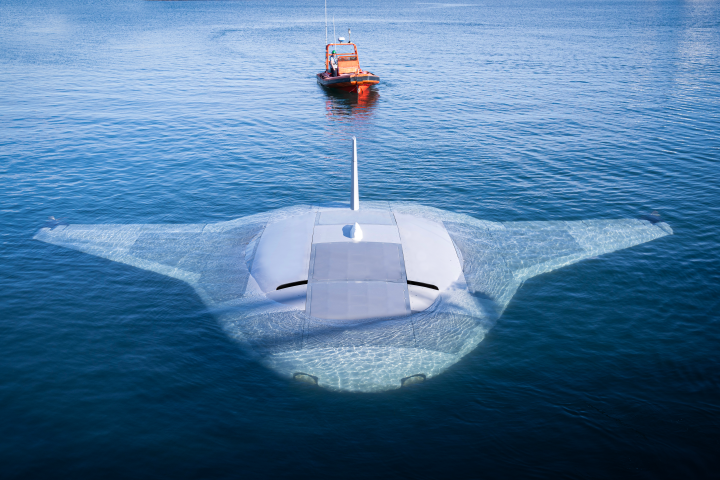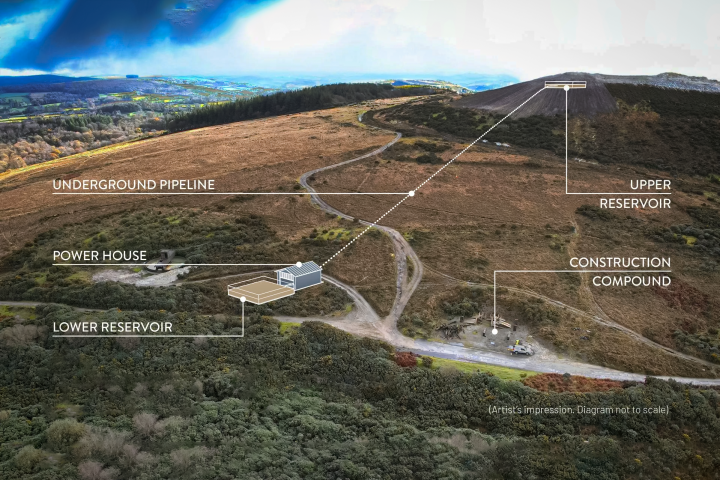Hydrogen has been touted as one of the most promising alternatives to our current dependence on fossil fuels to power cars because it fits our current driving habits. Whereas plug-in electric vehicles have limited range and take a long time to recharge, hydrogen fuel cell electric vehicles can be refueled in a matter of minutes from a pump that looks similar to a fuel pump. BMW has continued its development of hydrogen technology with a new 5 Series GT based prototype, which can drive for 500 km (311 miles) before it needs to be topped up.
Powering the 5 Series GT is a 180 kW (245 hp) electric motor, with a high voltage battery designed for interim energy storage. The car's hydrogen is stored in a tank built into a tunnel between the front and rear axles, and is a patented design for storing gaseous hydrogen at low temperature and 350 bar pressure.
This tank can be topped up in under five minutes, and the process will be familiar to anyone who has filled a gasoline car up before, although hydrogen fillers need to be insulated and locked into place before use.
The car's fuel cell, which draws on technology developed as a part of BMW and Toyota's fuel cell partnership, converts hydrogen gas into electrical energy and water vapour for emission-free motoring without the range anxiety that comes with battery-supplied electric power.

Toyota and BMW are aiming for their strategic partnership to have an initial group of production components ready by 2020. Both brands are also wary of committing to hydrogen if the refueling infrastructure isn't sufficient, so much of their work is based around creating technological standards that can be used to make fuel cell cars easier to use and increasing their reach to consumers.
Already the technology is becoming more mainstream, with the production Toyota Mirai set to launch later this year. Toyota has also been pushing for a wider network of hydrogen filling stations to be built around the US, and the company has invested in creating a chain of hydrogen filling stations across New York, New Jersey, Massachusetts, Connecticut and Rhode Island.

There was more to the BMW's hydrogen reveal than a practical 5 Series GT. Details are scarce, but BMW also showed off a matte-black hydrogen prototype with i8-aping looks. We know very little about the car beyond reports that it's based on a development i8 platform, and is powered by a similar hydrogen powertrain to that shown off in the 5 Series GT.
Have a flick through the gallery to check out it and the 5 Series GT prototype.
Source: BMW




































![The Ti EDC [everyday carry] Wrench is currently on Kickstarter](https://assets.newatlas.com/dims4/default/0ba225b/2147483647/strip/true/crop/4240x2827+0+3/resize/720x480!/quality/90/?url=http%3A%2F%2Fnewatlas-brightspot.s3.amazonaws.com%2F59%2Fb2%2F6a6fdd0348a8bfdad88bbcefec53%2Fdsc03572.jpeg)